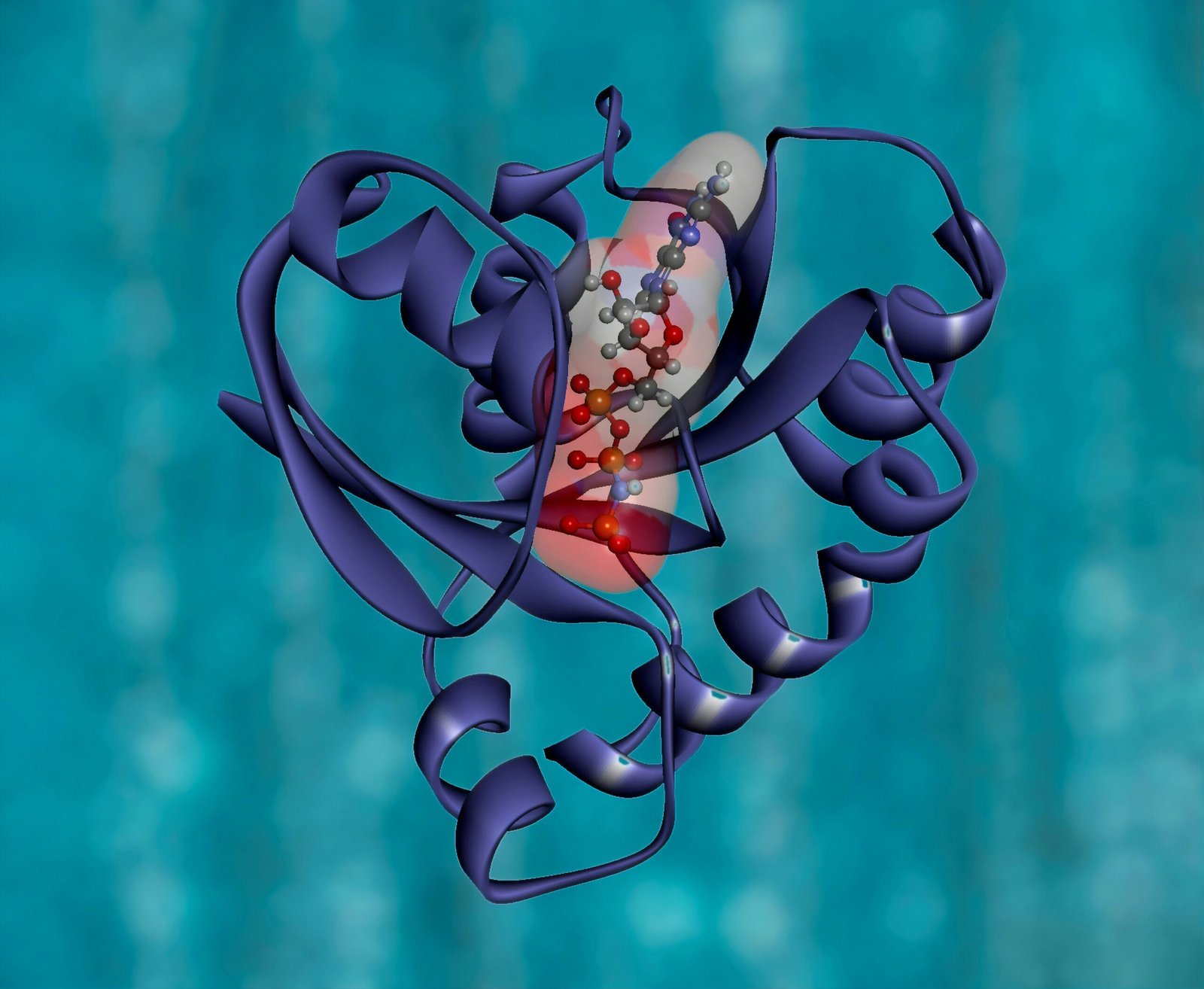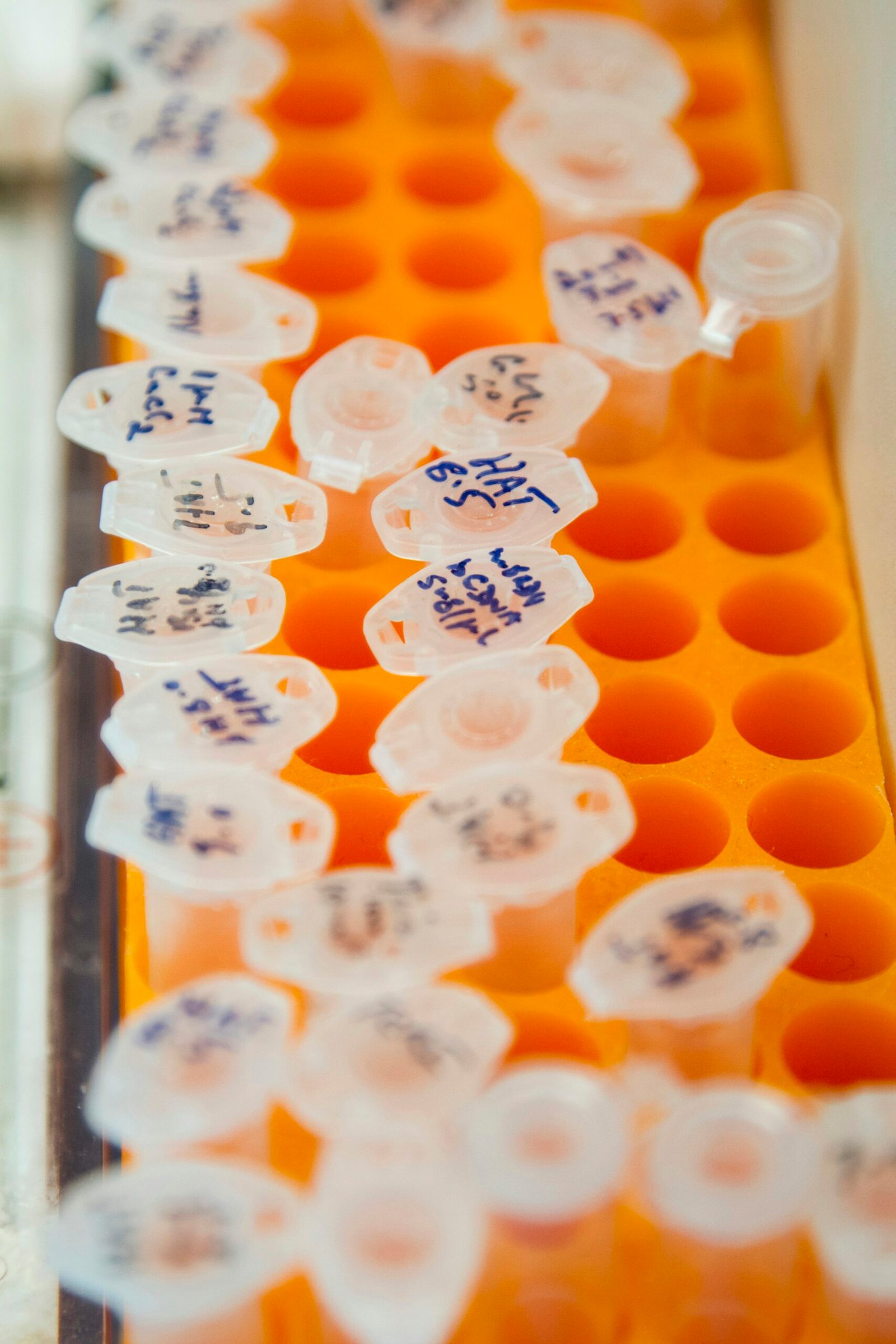Have you ever wondered if there are genetic factors that play a role in gout? Gout, a form of arthritis, is known for causing intense pain, swelling, and stiffness in the joints, most commonly in the big toe. In this article, we will explore whether or not genetics can contribute to the development of gout, and if so, how. So, let's dive into the world of genes and gout to uncover if there is a genetic link to this painful condition.

Understanding Gout
Definition of gout
Gout is a type of arthritis that occurs due to the buildup of uric acid crystals in the joints. It is characterized by sudden and severe attacks of pain, redness, and swelling in the affected joint, commonly the big toe. The development of gout is influenced by a combination of genetic and lifestyle factors.
Symptoms and complications of gout
The symptoms of gout include intense pain, swelling, and redness in the affected joint. These symptoms typically occur suddenly and can last for several days or even weeks. If left untreated, gout can lead to complications such as the formation of tophi (lumps of uric acid crystals), joint damage, and kidney stones.
Traditional causes of gout
Traditionally, gout has been attributed to dietary factors such as consuming excessive amounts of purine-rich foods, alcohol consumption, obesity, and certain medications. While these factors can contribute to the development of gout, recent research has highlighted the significant role of genetic factors in this condition.
Genetics Basics
Understanding genetics and DNA
Genetics is the study of genes, which are segments of DNA that contain instructions for the development and functioning of our bodies. DNA, or deoxyribonucleic acid, is a molecule that carries our genetic information. It is made up of four chemical bases: adenine (A), thymine (T), guanine (G), and cytosine (C).
Role of genetics in diseases
Genetics plays a crucial role in the development of various diseases. Some diseases, known as genetic disorders, are directly caused by mutations in specific genes. However, genetics can also influence the risk of complex diseases such as gout, where multiple genetic and environmental factors interact.
Genes and heredity
Genes are passed down from parents to their offspring through inheritance. Each individual has two copies of most genes, one inherited from their mother and one from their father. Certain variations or mutations in genes can increase or decrease the risk of developing certain diseases, including gout.
Genetics and Gout
Association between genes and gout
Research has shown that there is a clear association between genetics and gout. Studies have consistently demonstrated that individuals with a family history of gout have a higher risk of developing the condition themselves. This suggests that certain genetic factors contribute to the development of gout.
Identified genes contributing to gout
Several genes have been identified that play a role in gout development. These genes are involved in the regulation of uric acid levels, the immune response, and the inflammatory processes in the body. Variations in these genes can increase the risk of developing gout or affect its severity.
Relevance of genetic predisposition in the development of gout
While genetics does play a significant role in gout, it is important to note that having genetic variations associated with gout does not guarantee that an individual will develop the condition. Other factors, such as diet, lifestyle, and environmental factors, also contribute to the development of gout. However, individuals with a genetic predisposition may be more susceptible to gout when exposed to these factors.
The Role of Uric Acid
The connection between uric acid and gout
Uric acid is a waste product that is produced when the body breaks down substances called purines. In individuals with gout, the excess uric acid in the body forms sharp crystals that accumulate in the joints, leading to inflammation and pain. Genetics can influence the levels of uric acid in the body and the way it is metabolized.
Genes affecting uric acid metabolism
Certain genes are involved in the regulation of uric acid levels and its metabolism in the body. Variations in these genes can lead to increased uric acid production or decreased excretion, resulting in higher levels of uric acid in the blood. These genetic variations can contribute to the development of gout.
How increased uric acid levels contribute to gout
High levels of uric acid in the blood can lead to the formation of uric acid crystals in the joints, triggering an inflammatory response. The body's immune system reacts to these crystals, causing pain, swelling, and redness. Genetic factors that affect uric acid metabolism can contribute to the accumulation of uric acid and increase the risk of gout.

Gene Mutations and Gout
Definition of gene mutations
Gene mutations are changes or alterations in the DNA sequence of a gene. These mutations can occur spontaneously or be inherited from parents. In the context of gout, specific gene mutations have been identified that increase the risk of developing the condition.
How gene mutations may affect the risk of gout
Gene mutations can affect the functioning of genes and their proteins, leading to abnormal processes in the body. In the case of gout, certain gene mutations can disrupt the regulation of uric acid levels, immune response, or inflammatory processes, increasing the risk of gout development or influencing its severity.
Specific gene mutations linked with gout
Several gene mutations have been associated with an increased risk of gout. These include variations in genes such as SLC2A9, ABCG2, and SLC17A1. These genes are involved in uric acid transport and regulation, and mutations in them can lead to elevated uric acid levels and a higher risk of gout.
Inherited Gout
The concept of gout running in families
The concept of gout running in families suggests that there is a hereditary component to the development of the condition. Individuals with a family history of gout are more likely to develop the condition themselves, indicating a potential genetic influence.
Genetic studies and family histories
Genetic studies have shown that specific variations in genes associated with gout are more common in individuals with a family history of the condition. Family histories of gout can provide valuable insights into the genetic factors involved and help identify individuals at higher risk.
Role of shared environment versus genetics in inherited gout
While genetics plays a significant role in inherited gout, it is important to consider the role of shared environment as well. Families may share certain lifestyle and dietary factors that contribute to both gout development and genetic predisposition. Disentangling the influence of genetics and environmental factors is complex but essential for a better understanding of inherited gout.

Ethnic and Racial Differences in Gout Genetics
Gout prevalence among different ethnic and racial groups
Gout prevalence varies among different ethnic and racial groups. Certain populations, such as Pacific Islanders and Native Americans, have higher rates of gout compared to others. These disparities suggest the involvement of genetic factors in the susceptibility to gout.
Possible genetic reasons behind racial and ethnic disparities in gout
Genetic studies have identified variations in genes associated with gout that are more prevalent in certain ethnic and racial groups. These genetic differences may contribute to the variations in gout prevalence and severity observed across different populations.
Studies on genes associated with gout in different populations
Research has focused on studying the genetic factors associated with gout in various populations. By analyzing the genetic makeup of different ethnic and racial groups, scientists aim to uncover specific gene variants that are linked to gout susceptibility. This knowledge can help tailor treatment and prevention strategies for specific populations.
Epigenetic Factors in Gout
What epigenetics means
Epigenetics refers to changes in gene expression that occur without alterations in the DNA sequence itself. Epigenetic modifications can influence gene activity and can be influenced by environmental factors, diet, and lifestyle choices.
How epigenetic factors might influence gout
Epigenetic modifications can affect the expression of genes involved in uric acid regulation, inflammation, and immune response, which are all important processes in gout development. Environmental factors and lifestyle choices, such as diet and physical activity, can influence these epigenetic modifications and potentially contribute to the development of gout.
Research on epigenetics and gout
While the field of epigenetics in relation to gout is still emerging, there is growing research interest in understanding the role of epigenetic factors in gout development. Studying epigenetic changes in individuals with gout can provide valuable insights into the interplay between genetics, environment, and gene expression.
Genomic Medicine and Gout
Possibility of gene therapy for gout
Gene therapy, which involves modifying or replacing genes to treat or prevent diseases, holds promise for the treatment of gout. By targeting specific genes involved in uric acid regulation or immune response, it may be possible to develop gene therapies that can alleviate symptoms or even prevent gout development.
Potential for personal genomic medicine in gout treatment
Personal genomic medicine involves tailoring healthcare interventions to an individual's unique genetic profile. In the context of gout, understanding an individual's genetic predisposition and specific gene variations can help in determining the most effective treatment strategies and interventions.
Ethical considerations of genetic testing for gout
Genetic testing for gout raises important ethical considerations. Issues such as privacy, informed consent, and potential stigmatization need to be carefully addressed to ensure the responsible and ethical use of genetic information in the context of gout diagnosis, treatment, and prevention.
Future Directions in Gout and Genetics Research
Recent breakthroughs
Recent breakthroughs in gout and genetics research have shed light on the intricate interplay between genetic factors, environmental influences, and gout development. Advances in genetic sequencing technologies, epigenetic research, and gene-editing techniques have opened up new avenues for studying and potentially treating gout.
Current limitations in the field
Although significant progress has been made, there are still limitations in our understanding of the genetic factors contributing to gout. The complex nature of gout, which involves interactions between genetics, lifestyle, and environmental factors, poses challenges in unraveling the exact mechanisms and developing targeted therapies.
Future innovation and possibilities
The future of gout and genetics research holds promise for innovative approaches to prevention, diagnosis, and treatment. Further studies exploring the genetic underpinnings of gout, as well as advancements in personalized medicine and gene therapy, have the potential to revolutionize the management of this debilitating condition.